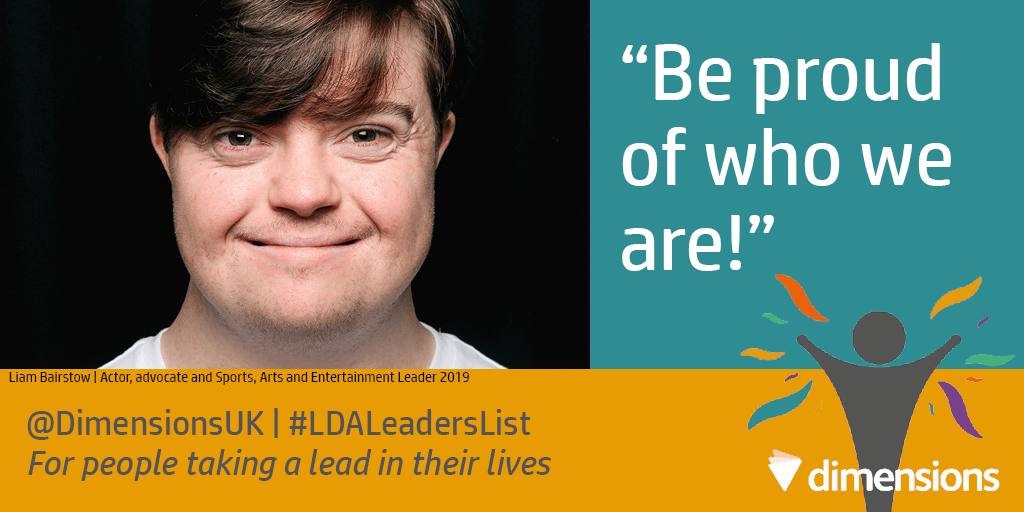Talking about death, and making sure people listen
The Stop People With a Learning Disability Dying Too Young Group, facilitated by Inclusion North, is so well named, they need little introduction.
They have one mission…To stop people with a learning disability dying too young!
Did you know research has found that people with a learning disability die up to 27 years earlier than other people? And often they die from preventable things. This group do and they think it is totally wrong. If this was any other group in society there would be a national scandal. This is what they’re doing to change that…
Being blunt about death

“To start with, it was hard to talk about death and dying.
“We were afraid to use the real words. It all sounded too blunt and cruel. But we practiced and got used to it.
“This is important because people with a learning disability are denied good bereavement support when someone they love dies. They are told weird things like;
‘They’ve gone to sleep for a long time.’ Or ‘They are in the clouds with Jesus.’
“We decided to use plan language and to set an example for other people. We also all had our own stories about people we love dying. It was hard to talk about but it was important, so we did.”
Healthcare inequalities

People with a learning disability often aren’t given fair and equal healthcare.
For example, crucial cancer screenings are often missed because reasonable adjustments aren’t made, like sending easy read letters or supporting a person to understand what the screening process will involve.
Often warning signs that someone is seriously ill are missed because of barriers in communication, or psychotropic medication is over prescribed, or people put their symptoms down to their learning disability rather than looking for a medical cause.
Do Not Resuscitate orders (DNACPR) are sometimes incorrectly used. Learning disability is given as the main reason not to resuscitate them. Or, “this is at the front of a doctor’s mind when they are making the decision. It is a judgement about how much a person’s life is valued. We don’t think that the lives of people with a learning disability are valued as much as other people’s.”
Work on LeDeR

“We have been told we can’t be LeDeR reviewers because we will get too upset.”
LeDeR is a national programme that is looking at the deaths of everyone with a learning disability over the age of 4.
This programme has shown that people with a learning disability are at risk of dying decades younger than other people.
Often these deaths are from preventable causes.
Sometimes people aren’t resuscitated because they have a learning disability.
What the team do
- “We have been meeting for 18 months now. We work on the LeDeR programme at a local level.
- “We bravely share personal stories at each meeting and have built up great trust within the group so everyone feels safe and supported.
- “We argued that sometimes there is a judgement made about the value of people’s life and they get a DNACPR without knowing.
- “We have written public statements in response to the last two LeDeR annual reports.
- “We go to big meetings with important people and speak our truth. Our statements have been shared nationally.
- “We have been used as an example of good practice for how to involve people and families in the LeDeR programme properly.
- “The local steering group trust us so much that they gave us the whole budget for their 2019 learn and share event. We ran a very successful event and every member was involved.
- “We have spoken at different conferences around the country about our work. We are now campaigning to be allowed to become LeDeR reviewers.
“We still aren’t taken seriously”

Despite everything they’ve achieved and the strength they’ve proven to themselves and others, the group are still facing pushback from officials.
The group want to become LeDeR reviewers. This means they will work alongside existing reviewers and help them to do the review. They believe they will spot different things in the review and ask different questions.
“We have been told we can’t be LeDeR reviewers because we will get too upset and not understand confidentiality…
“We think this is patronising and wrong.
“We already do Care and Treatment Reviews as part of the Transforming Care programme so we do understand confidentiality. We think it is ok to get upset when you hear that someone died far too young, and were in pain at the end. We question people who don’t get upset by these things.
“What is important is that we get good support to cope with these things and can carry on with our work. We don’t need you to protect us and treat us like children.”
Group members
Karen Parry | Linda Dickinson | Shirley Potts | Philip Hughes | Karen Hughes | Gavin Barr | Andrew Fox | Stewart Chappell | Dawn Flockton | Suzie Fothergill | Anthony Fothergill | Lindsey Fothergill | Leanne Thompson | Michelle Stoker | Neil Pattinson
![]() Like Inclusion North on Facebook
Like Inclusion North on Facebook
![]() Follow Inclusion North on Twitter
Follow Inclusion North on Twitter
How does it feel to be a Learning Disability and Autism Leader?
“We were very excited to hear we had won. It makes our hard work worthwhile. Hopefully it will make people listen to us more.”
“It’s good to see people wanting to bring a greater understanding to a difficult subject.” – Leaders’ List 2019 Judge
“This is such important work that needs recognising. This must be incredibly difficult work to undertake and so necessary to improve life expectancy for learning disabled and autistic people.” – Leaders’ List 2019 Judge
“Congrats on all the hard work and your achievements and all the great feedback.” – Leaders’ List 2019 Judge











